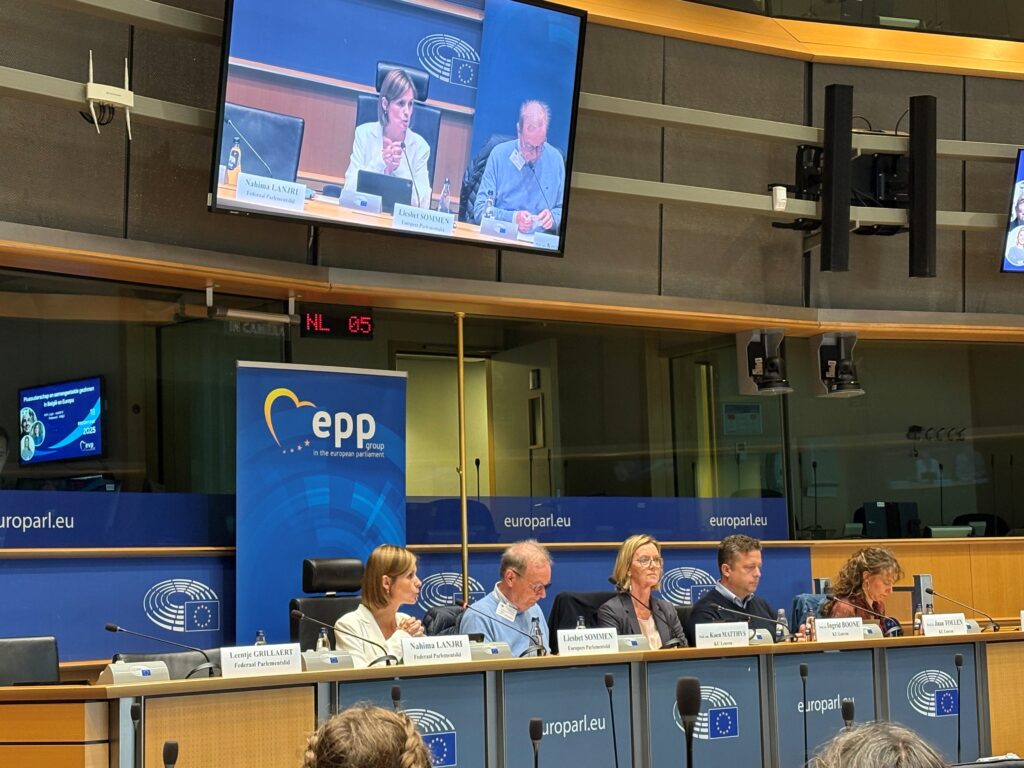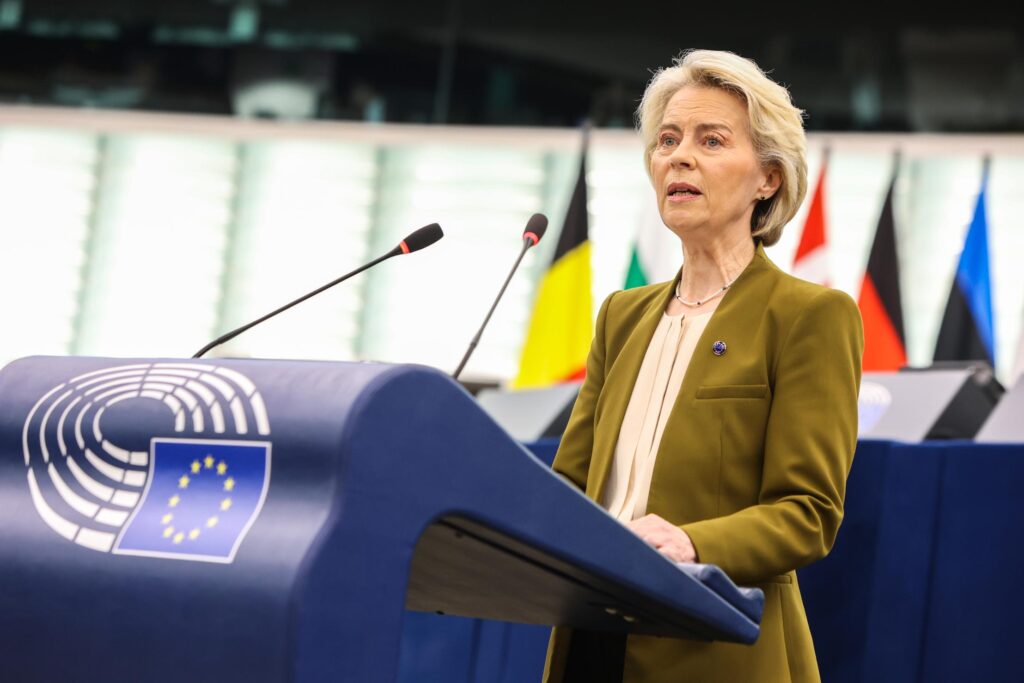On the 2nd of December, the Commission, Council, and European Parliament agreed on the final text of the Consumer Credit Directive revision. Consumers will benefit from several improvements, but there is still room for future improvements.
Among the positive developments:
- The updated Directive considers smaller loans and also buy-now-pay-later schemes, in order to protect vulnerable consumers.
- There is some clarification as regards creditworthiness checks, as the Directive excludes certain data from creditworthiness assessments such as information on their ethnic origin, political beliefs, health data, or social media data.
- Deferred debit card payments are mentioned, and Member States are encouraged to introduce regulations.
As regards areas that still require progress:
- Creditworthiness is not fully defined, leaving much room for abuse, even though the exclusion of certain data does lower the potential for abuse. COFACE-Families Europe has advocated for a clearer definition of creditworthiness and a harmonized methodology, to ensure fair and effective creditworthiness checks.
- There isn’t a clear introduction of interest rate caps to prevent toxic credit products from emerging. While some European countries have caps in place (for example, Belgium), others do not, which enables the sale of certain products like payday loans, at unsustainable interest rates.
- The Directive does not directly regulate overdraft fees, and only advises Member States to introduce regulations for deferred debit card payments. This is not sufficient, as our French member UNAF has clearly identified overdraft fees as affecting many families.
COFACE-Families Europe will continue to follow future developments, notably via its Finance Watch membership.
For more information, contact Martin Schmalzried: mschmalzried@coface-eu.org
Photo: ©Getty Images Signature via Canva.com





